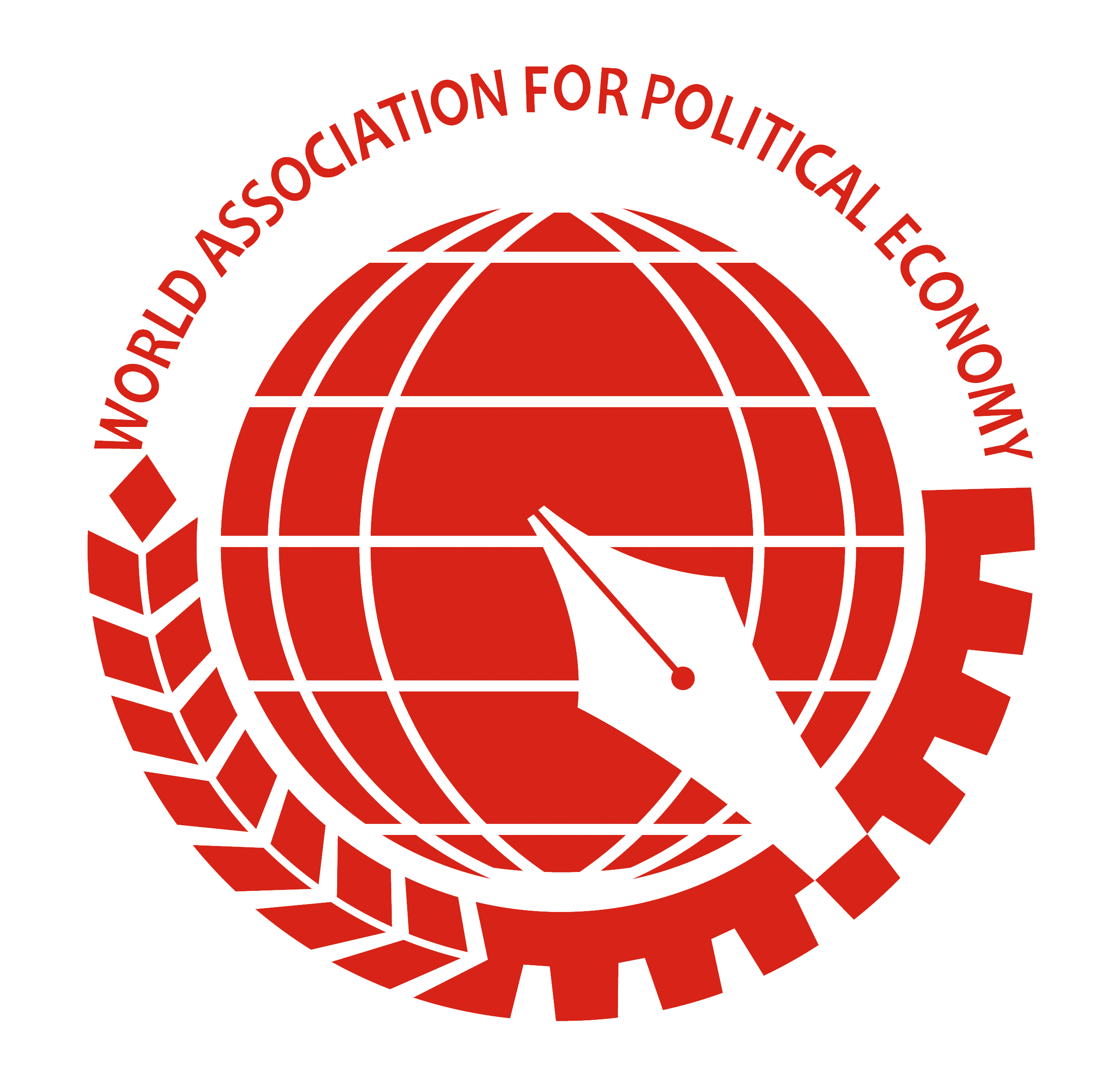The 6th WAPE Forum Statement – 2011
On Responses to Capitalist Crisis: Neoliberalism and BeyondSome analysts have proclaimed an end to the “Great Recession” since economic output has recovered somewhat in most of the capitalist countries at present. However, the economic crisis that began in 2007-08 is not over. While capitalist profits and CEO pay have increased, unemployment remains very high in most countries, many who are working have experienced continuing declines in pay, and sharp cutbacks in public services and social programs are affecting millions of people. Poverty and hunger remain at very high levels.When giant banks and nonfinancial corporations were threatened with failure in 2008-09, capitalist states temporarily abandoned free-market rhetoric and bailed them out at taxpayer expense while enacting big spending plans to stop the economic collapse. Once the bailouts were completed and the free-fall in economic output was stopped, elite opinion rapidly shifted in favor of fiscal austerity.The global capitalist class is trying to use the conditions of an economic crisis to implement the now discredited neoliberal agenda even more fully. The sudden discovery of the virtue of balanced government budgets is being used as a cover for a drive to take back all of the past social gains won by working class political struggle and to undermine the trade union movement in the public sector. We reject the claim that today’s fiscal problems result from the provision of social programs, along with the especially pernicious U.S. variant that the fault lies in the excessive pay and benefits, and even union representation rights, of public sector workers. The real problems are endemic to advanced capitalism: unbridled financial speculation, the need to protect profits by depressing wages, unwillingness to require the rich to pay their fair share of taxes, and (in the U.S. particularly) the high costs of a privatized health care system and of military spending and imperialist wars. Instead of privatization, we support a state-led economic recovery program that includes socially useful and environmentally sustainable public investment.A period of capitalist economic crisis such as that of today poses significant dangers. As millions of people suffer from the economic crisis, right wing forces in the academy and in politics are seeking to win public support by directing attention away from the real culprits — the big banks and corporations and the capitalist system itself — and toward scapegoats such as impoverished immigrants, minority ethnic groups, or minority religions. A related danger is a possible growth of tension among states, as unscrupulous politicians try to blame other countries for the problems of their people. For example, in the USA some politicians and mass media express anger at formerly poor countries that have recently developed rapidly, particularly China and India.
The contemporary Marxist political economists have a role to play in combating the dangers of this period in theory and policies. We can make the following contributions:
1. Develop and promote economic programs and policies that would quickly reverse the worsening conditions faced by working people.
2. Criticize the right wing claims that divert attention from the real problems facing working people.
3. Develop and promote visions of an alternative socialism for the 21st Century that would overcome the problems created by capitalism.
4. Systematically analyze the roots of this economic crisis in capitalism in general and neoliberal capitalism in particular.
5. Oppose imperialism and wars that would be a means to save capitalism from this crisis.
The current economic crisis provides opportunities as well as dangers. The crisis has starkly exposed the irrationalities of capitalism and delegitimized the neoliberal agenda. The fundamental theory and policies to solve the present financial and economic crisis and to prevent future economic crises require going beyond both neoliberalism and Keyesianism. Marxist political economists have a responsibility to respond to the widespread craving for an answer to the enormous problems now created by capitalism.
We believe that the only long-run solution to the many economic problems faced by the vast majority of people in the world is to abandon capitalism and introduce a socialist system. Under socialism, instead of unemployment alongside overwork, everyone would be guaranteed a job with decent working conditions. Instead of great riches for a few while the majority struggles to make ends meet, everyone would have an adequate income. Instead of cutbacks in valuable public programs, states would provide for the collective consumption needs of the people. Instead of the continual insecurity inherent in a capitalist economy, everyone would be guaranteed a decent living standard from birth to old age. Instead of a profit-driven drive that destroys the natural environment, economic activity would be conducted in an environmentally sustainable way. Instead of the aggressive capitalist drive to control the markets, technology, resources, and ecology of other countries, world wide socialism would make possible a system of peaceful relations among nations with respect for national sovereignty. Instead of international economic arrangements that pit the workers of all countries against one another in a race to the bottom, socialism would bring a global economic system based on cooperation and mutual benefit.
Marxist economists of all countries should unite to pursue the above worthy goals by means of research, writing, speaking, cooperating and organizing.




